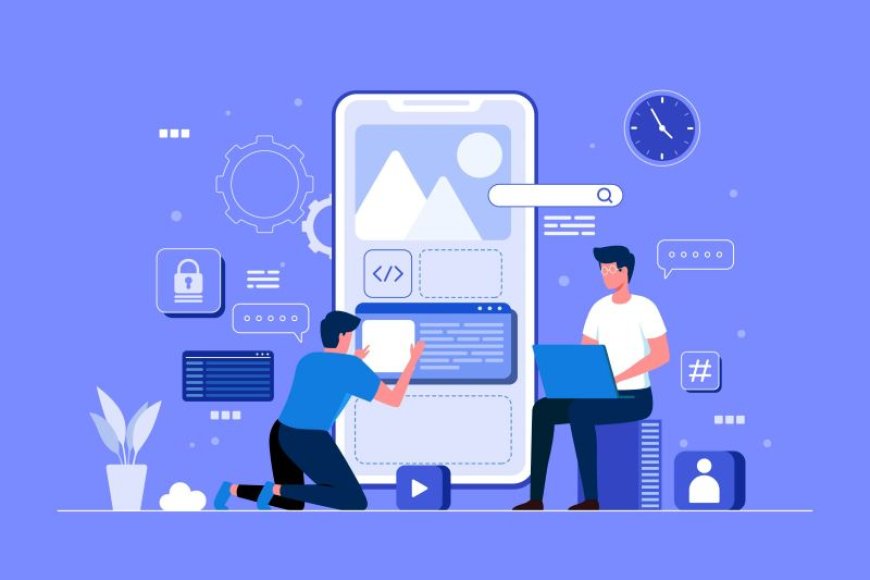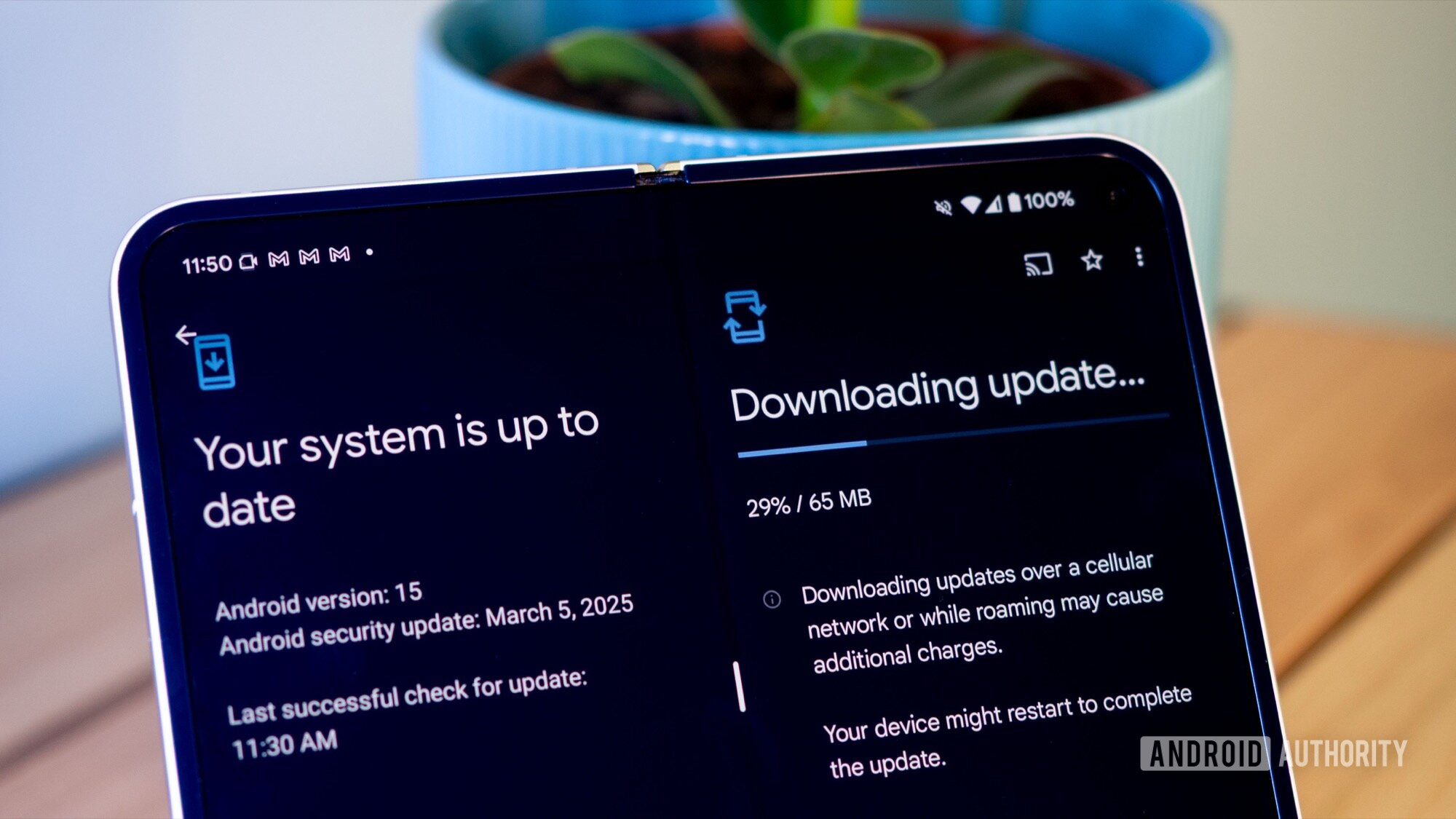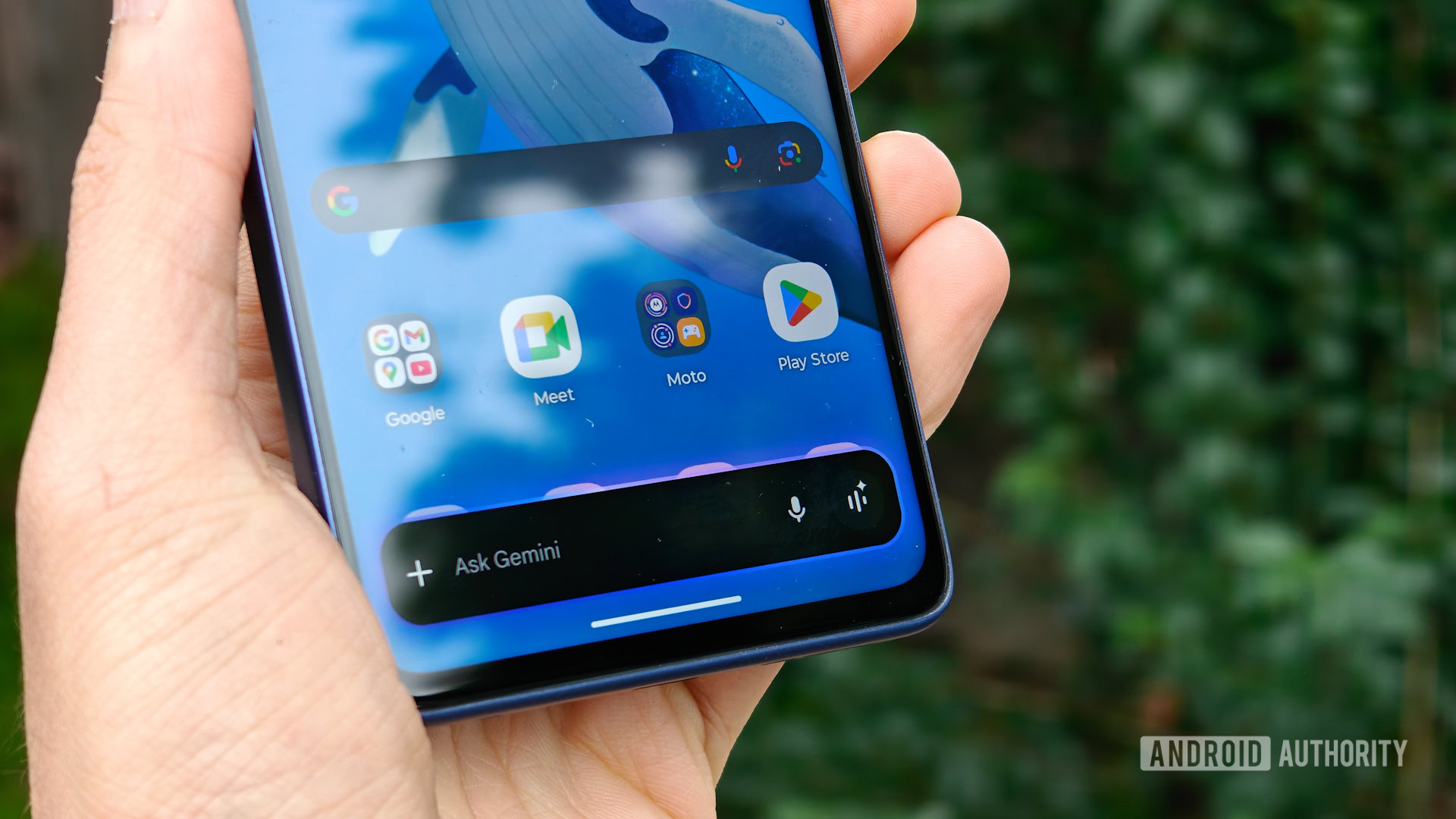Top Mobile Application Development Solutions for 2024
Discover top mobile app development solutions for 2024! Learn about frameworks, cutting-edge technologies, and best practices to create successful mobile applications.

In today’s digital era, mobile applications are pivotal for business growth and customer engagement. Finding the right mobile app development solutions can significantly impact the success of your app and, ultimately, your business. Whether you're a startup with a groundbreaking idea or an established company looking to expand your digital footprint, understanding the latest trends and solutions in mobile app development is crucial for staying ahead in the competitive market.
Understanding Mobile App Development Solutions
Mobile app development solutions encompass a wide range of tools, methodologies, and strategies designed to create efficient and user-friendly applications. These solutions include everything from platform-specific development frameworks to advanced integration technologies. By leveraging the right mobile app development solutions, businesses can ensure their apps are optimized for performance, user experience, and scalability.
1. Choosing the Right Development Framework
One of the primary decisions in mobile app development is selecting the appropriate development framework. Frameworks can be categorized into native, cross-platform, and hybrid solutions.
-
Native Development: This approach involves building apps specifically for one platform, such as iOS or Android. Native development solutions offer high performance and a seamless user experience but require separate codebases for each platform. Popular native frameworks include Swift for iOS and Kotlin for Android.
-
Cross-Platform Development: Cross-platform solutions allow developers to write code once and deploy it across multiple platforms. This approach is cost-effective and speeds up the development process. Tools like React Native and Flutter are leading choices for cross-platform development.
-
Hybrid Development: Hybrid frameworks combine elements of both native and web technologies. They are ideal for apps that need to run on multiple platforms while maintaining a consistent user interface. Ionic and Apache Cordova are popular hybrid development frameworks.
Choosing the right framework depends on your specific needs, including budget, time constraints, and the desired user experience. Evaluating these factors will help you select the most suitable mobile app development solutions for your project.
2. Embracing Cutting-Edge Technologies
Incorporating advanced technologies into your mobile app can set it apart from competitors. Some of the latest technologies influencing mobile app development include:
-
Artificial Intelligence (AI) and Machine Learning (ML): AI and ML can enhance app functionality by providing personalized experiences, improving user interactions, and automating tasks. Examples include chatbots, predictive text, and recommendation engines.
-
Augmented Reality (AR) and Virtual Reality (VR): AR and VR technologies offer immersive experiences that can engage users in innovative ways. They are particularly useful for apps in industries like gaming, retail, and real estate.
-
5G Technology: The advent of 5G technology is revolutionizing mobile app development by providing faster data speeds and lower latency. This enhancement supports real-time applications, high-quality streaming, and improved overall performance.
Integrating these technologies into your mobile app development solutions can significantly enhance user engagement and satisfaction, driving success in today’s competitive landscape.
3. Prioritizing User Experience (UX) Design
User experience (UX) design is a critical component of mobile app development. A well-designed app not only attracts users but also keeps them engaged. Key aspects of effective UX design include:
-
Intuitive Navigation: Ensure that your app’s interface is easy to navigate, with clear labels and logical flow. Users should be able to find what they need quickly and effortlessly.
-
Responsive Design: Your app should perform well on various screen sizes and orientations. Responsive design ensures a consistent experience across different devices, from smartphones to tablets.
-
Fast Loading Times: Users expect quick responses from mobile apps. Optimize your app’s performance to reduce loading times and prevent user frustration.
Focusing on these elements when implementing mobile app development solutions will help create a more enjoyable and effective user experience.
4. Ensuring Scalability and Performance
Scalability and performance are vital considerations for long-term success. Your app should be able to handle increasing user loads and adapt to new features or updates without compromising performance. Key practices for ensuring scalability and performance include:
-
Efficient Code Structure: Use clean, well-organized code to enhance maintainability and scalability. Avoid unnecessary complexity that could impact performance.
-
Regular Updates and Maintenance: Continuously monitor your app’s performance and release updates to fix bugs, improve features, and adapt to new technologies.
-
Load Testing: Conduct load testing to evaluate how your app performs under various conditions. This helps identify potential issues before they affect users.
By prioritizing scalability and performance in your mobile app development solutions, you can ensure that your app remains reliable and efficient as it grows.
5. Integrating Effective Security Measures
Security is a top concern for mobile app users and developers alike. Implementing robust security measures is essential to protect sensitive data and build user trust. Consider the following security practices:
-
Data Encryption: Encrypt sensitive data both in transit and at rest to protect it from unauthorized access.
-
Secure Authentication: Implement secure authentication methods, such as multi-factor authentication, to verify user identities.
-
Regular Security Audits: Conduct regular security audits to identify vulnerabilities and address potential threats.
By integrating these security measures into your mobile app development solutions, you can safeguard user data and enhance your app’s credibility.
Conclusion
In 2024, mobile app development solutions are more sophisticated and diverse than ever. By understanding the latest trends, choosing the right frameworks, and focusing on user experience, scalability, and security, you can create successful and impactful mobile applications. Embrace these solutions to stay ahead in the competitive digital landscape and unlock the full potential of your mobile app development efforts.
What's Your Reaction?
 Like
0
Like
0
 Dislike
0
Dislike
0
 Love
0
Love
0
 Funny
0
Funny
0
 Angry
0
Angry
0
 Sad
0
Sad
0
 Wow
0
Wow
0














































